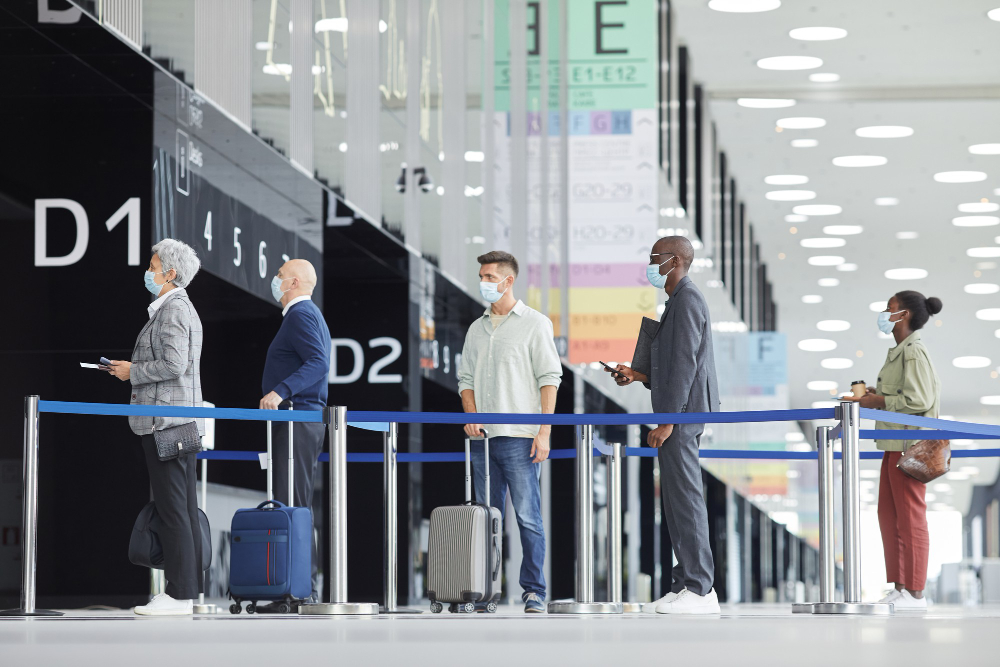5 Questions EU Border Officers May Ask Upon Your Arrival in the Schengen Area
Key Points to Know
1. Obtaining a Schengen Visa to travel to any of the 29 Schengen Area Member States is often the most challenging part of planning a trip to Europe. However, even after securing the visa, there are still some hurdles to overcome.
2. Upon arrival in any Schengen country from a non-Schengen country, travelers will typically face questions at passport control about their trip. While sometimes there are no questions, other times there can be many, catching travelers off guard.
3. These questions are not only directed at Schengen visa holders but also at EU residents returning from abroad and travelers from over 60 visa-free countries.
After speaking with several travelers, we’ve compiled a list of the most frequently asked questions by border officers at EU external borders:
What Is the Purpose of Your Trip?
One of the first questions you’ll likely encounter is about the purpose of your trip. Border officers want to ensure your visit aligns with the reason your visa was issued and that you pose no risk to the country.
Where Will You Stay?
Travelers from third countries often need to show proof of accommodation for their entire stay. This requirement aims to prevent situations with “homeless tourists” or unauthorized camping in local parks. Be prepared to provide details about your accommodation and possibly show proof of your booking.
Do You Have Travel Insurance?
Travel insurance is another common topic. EU/Schengen Member States want to ensure visitors have coverage for any health issues during their stay. Travelers should have proof of their travel health insurance readily available.
Do You Have a Return Ticket?
Border officers frequently ask if you have a return ticket to your home country or an onward ticket to another destination after your Schengen trip. It's a good idea to have a printed or digital copy of your return or onward ticket to show if requested.
How Will You Support Yourself During the Stay?
Visitors need to demonstrate they can financially support themselves throughout their stay. The required amount varies by country. For example, Belgium requires at least €95 per day if staying at a hotel, while Germany requires a minimum of €45 per day. Proof can be in the form of cash or credit cards.
What If You Can't Provide Evidence?
Travelers who can't provide evidence to support their answers may face difficulties entering the Schengen Area. They could be subject to further questioning and, in some cases, denied entry and sent back on the next available transport.

